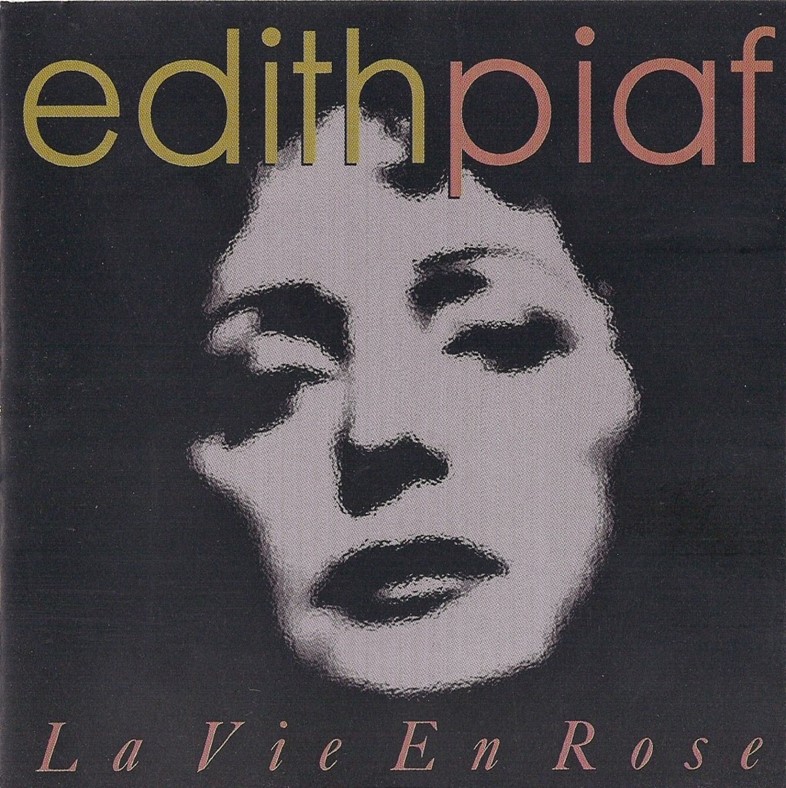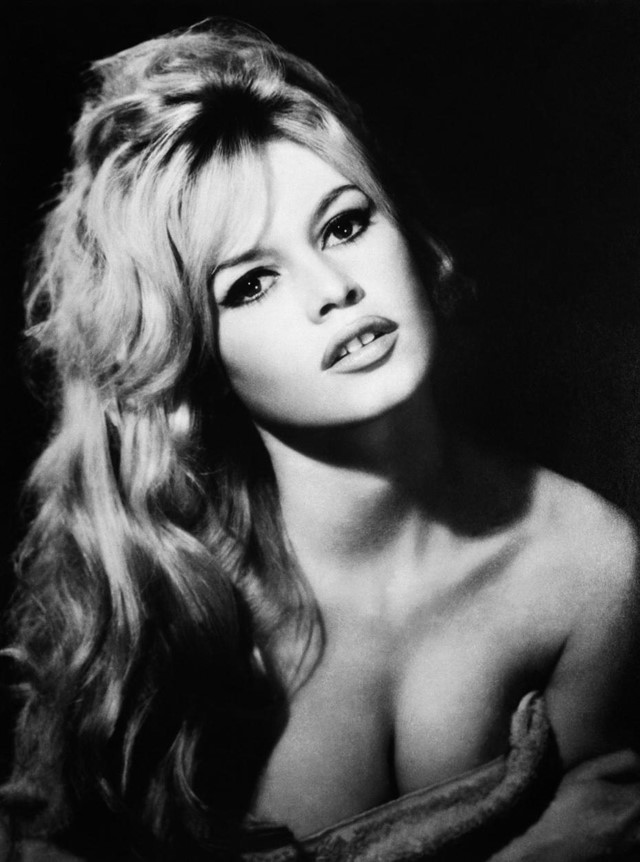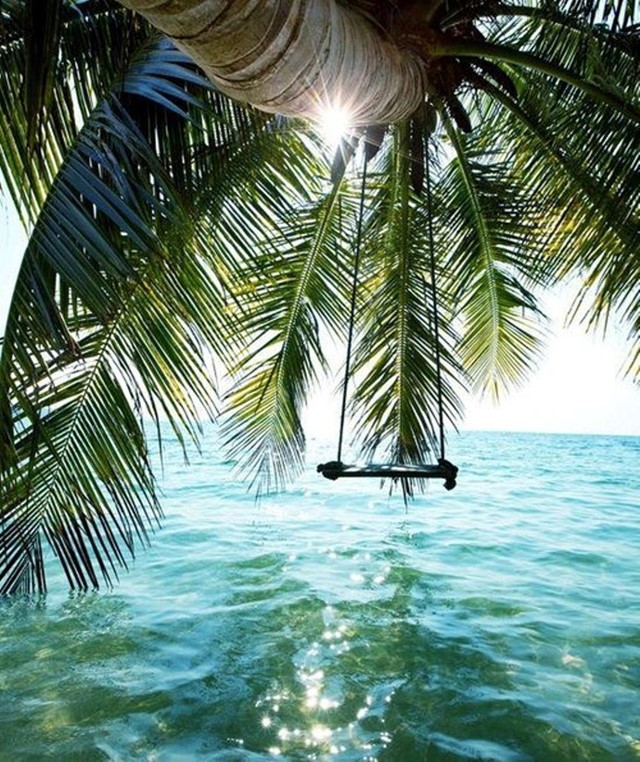It's been on the airwaves for more than 70 years, so what has the world's favourite radio show taught us about the famous people of the past six decades?
It is one of the world’s longest running and most popular radio formats, an idea so perfect that when Roy Plomley sent the concept to Leslie Perowne, head of light entertainment at the BBC, he responded heartily with, “Why didn’t we think of Desert Island Discs before? It’s such an obvious and excellent idea.” And so it has proved to be, as well as one of the most enduring, lasting more than 70 years on the airwaves, continually expanding our understanding of famous people, their stories and the music that has shaped their lives.
At AnOther, we have been enjoying the archive of interviews on the BBC website since they became available a couple of years ago. It is a never-ending treasure trove of wit, wisdom, eccentricity, courage and sadness, set upon an emotive rollercoaster of beautiful music and revelatory anecdotes. For 45 minutes, a renowned person is asked to sit down and think about their life, to fashion a story arc from their experiences, achievements, disappointments, loves and tragedies. The result is entertainment at its purest and best, human stories truthfully told, punctuated with a fantastic sound track.
Here, for no particular reason, in celebration of our favourite radio show, we present ten things you might not know about Desert Island Discs.
1) The show was conceived by freelance broadcaster Roy Plomley (who would go on to present the show for more than 40 years) in November 1941, right at the gloomy heart of WW1. The first episode was played out on January 29th, 1942, with comedian Vic Oliver gaining the distinction of being castaway number one. In the 72 years that have passed since then, more than 2,800 editions have been recorded, featuring more than 22,000 pieces of music.
2) The famous theme tune for the show is By the Sleepy Lagoon by Eric Coates, a piece inspired by the view from Bognor Regis. The wails of herring gulls were added for a sense of wild isolation, although complaints from viewers that these gulls would not be found near a desert island meant that, in 1964, they were replaced by tropical birds. But accuracy proved unpopular so after a few months, the gulls returned.

3) There is something of a gender bias going on, with 2,141 men featuring on the programme in comparison to just 844 women. There have been four presenters, with Plomley presenting 1787 shows over 43 years, Sue Lawley 773 over 18 years, Michael Parkinson 96 in three years and Kirsty Young, interviewer since 2008, 320 shows.
4) Not many people have said no to Desert Island Discs, but inevitably some have. Sir Laurence Olivier turned it down, as did Albert Finney, Prince Charles, Ted Hughes and Mick Jagger. George Bernard Shaw was “too busy with more important things” and Buzz Aldrin had Sue Lawley and a production team all set up to do the recording at his house in California, before leaving the room unexpectedly and refusing to come back.
5) A big fan of The Guns of Navarone and Where Eagles Dare, in the early 70s, Plomley was delighted to hear that their author, Alistair MacLean, had agreed to appear on the show. However, it wasn’t until midway through their preliminary interview that Plomley realised he was speaking not to the distinguished writer, but to Alistair MacLean, head of the European tourist bureau of the Government of Canada. The interview was recorded without embarrassment, but never broadcast, and the other MacLean never did appear on the show.
6) In common social practice, taste in music is a key way for individuals to present their personalities and credentials for cool, something that surely makes choosing eight discs even harder. Edith Piaf’s Non, Je Ne Regrette Rien has proved to be the most popular song, with the Beatles being the most popular band. However, it is the oddities that stick in the memory – such as when the poet Ian McMillan’s choice of John Cage’s 4’33” (of silence) was interrupted by his stomach quietly rumbling.
7) Castaways are automatically issued with the works of Shakespeare and the Bible – or another religious text of their choice – before being asked which book they would take of their own choice. Dickens heads the literary leaderboard of popularity, followed by Tolstoy, Proust and Austen. George Clooney chose War and Peace, but insinuated it was more for its length and efficacy as loo roll, while showjumper Harvey Smith refused to take one at all on the grounds that he’d never read a book in his life.

8) The idea of a luxury was introduced in 1951, when the actress Sally Ann Howes chose to take garlic to ease her island isolation. Since then, popular luxuries have included the practical – sun cream, a bed, a mirror, ‘something to sit on’ – the creative – a piano, a typewriter, pen and paper – and various culinary treats. But happily not everyone has been strictly functional with their choices. Oliver Reed requested an blow-up sex doll, Norman Mailer wanted a stick of top quality marijuana, Kathy Burke went for a laminated picture of James Caan to bodysurf on and John Cleese asked for Michael Palin, stuffed. Morecambe and Wise went on together, and when Eric asked for a deckchair, Ernie responded by asking for a deckchair ticket machine.
9) Mostly Desert Island Discs allows individuals the chance to portray themselves at their gentlest and most vulnerable, showing their hearts and humanity to the audience who might view them more kindly after the show. However, some castaways have not come off well. Vanity has been the downfall of a few – the pianist Moura Lympany selected eight of her own recordings, and her luxury was wine from her personal vineyard. But it was Diana Mosley who caused the biggest furore, describing Adolf Hitler as “extraordinarily fascinating and clever…extremely interesting to talk to”, and when asked about his policy of extermination that resulted in the death of six million people, responded with, “I don’t really, I’m afraid, believe that six million people were – I think it’s just not conceivable – it’s too many.” The press went wild with fury and when Jessica Mitford listened to the programme, she wrote afterwards that her sister had been “too ghastly for words.”
10) Desert Island Discs is a wonderful place for revelations, and none was more unexpected than Brigitte Bardot’s response when Roy Plomley asked her what her luxury item would be. In sultry French tones, she requested “a peeness”, which caused an audible kerfuffle in the interviewer’s composure, before she elaborated, “what the whole world needs most – ‘appiness.'”
Text by Tish Wrigley
Research by Max Fletcher
